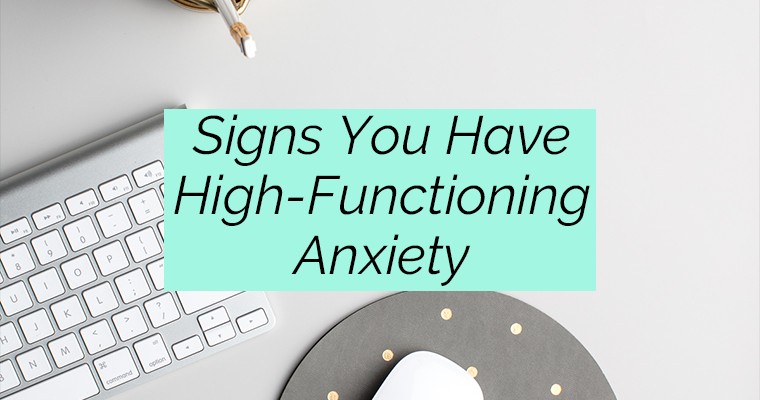An emotional reaction fueled by dread is anxiety. From an evolutionary perspective, our ancestors benefited from the emergence of anxiety because it made us attentive about potential threats and predators, ensuring we were awake, on the watch, and rapidly ready to move and mobilise energy if necessary.
Anxiety is not inherently bad; in fact, in moderation, it can even be useful. We are motivated by anxiety, which also serves as a vital messenger in our bodies, conveying our values and priorities to us. In a harmful circumstance, anxiety can also serve as protection by preparing you to either fight, flee, or freeze.
However, anxiety can occasionally be persistent and out of proportion to the circumstances, which can lead to maladaptive behaviours that do more harm than good. OCD, panic attacks, social anxiety, and generalised anxiety are just a few of the mental health conditions that anxiety can appear. The experts at Dural medical centre can help you treat the condition and understand the subtle symptoms of anxiety.
What distinguishes high-functioning anxiety from other types of anxiety?
Many people with high functioning anxiety may not appear to have any health issues. They frequently succeed in their careers, athletics, and other endeavours. It's interesting to note that many individuals may not even be aware of their high functioning anxiety. Low levels of interoception are another possibility for those who are really anxious. The ability of our bodies to recognise internal signals is known as interoception. Recognizing your hunger, thirst, urge to use the restroom, pain, anxiety, or interior emotional states are a few examples of this. According to research, persons who experience high levels of anxiety block internal signals (also known as interoception) as a defence mechanism against the overwhelming feelings associated with such sensations.
How does high-functioning anxiety show up in life?
A person with high functioning anxiety may psychologically perceive a racing mind. They can feel like they can never switch off or unwind or they might be preoccupied with getting things done all the time. When people unwind or do nothing, they frequently experience guilt because they feel that they should always be doing something. Being overly busy uses up adrenaline, which leads to burnout or adrenal fatigue.
Rumination, or the habit of thinking negatively over and again, is common in people with high functioning anxiety. Researchers in psychology think that since the person with anxiety shifts their attention from "feelings" to "cognitions," they are able to ignore their anxieties. Rumination can feel beneficial since the person believes they are coming up with solutions to prevent possible negative future situations. In the short term, this offers the person a fictitious sensation of control, but over time, it causes the worry cycle of negative ruminative thoughts. High functioning anxiety and poor decision-making are also related. Rumination or excessive concern impairs thinking clarity, biases judgement, and interferes with sleep.
People with high functioning anxiety also engage in behaviours to escape uncomfortable emotional states to avoid or cope with acute emotions of anxiety. Escapism (or avoidance behaviours) can occasionally be overt, such as excessive alcohol consumption or emotional junk food eating. However, this can also be subtly concealed in other ways. For instance, a person with high functioning anxiety may postpone and put off completing a project because the sensations involved with its importance are too intense.
Avoidance behaviours can occasionally pass for "health-conscious" ones. For instance, a person with high functioning anxiety may exercise rigidly and vigorously in order to avoid unpleasant emotions and regain control. Similar to how they can manage what they consume through diets and dietary guidelines.
You can find more about holistic and comprehensive care at https://www.dfmp.com.au/ ???????





